- Pope Francis imparts his Apostolic Blessing on ‘Day for Life’ celebrations in Ireland
- The Catholic Church will continue to call for a society without abortion which loves and cares for all life equally
- The world needs to hear loud and clear the Gospel message about a culture of life – the horrific public assassination of Alan Henning, the British aid worker, is yet another grim reminder of the culture of death
- On commenting on the debate in England about assisted dying, Archbishop Richard Clarke courageously pointed out the fundamental Christian tenet that our life on earth is not our property to do with as we choose
This week I was kindly given a copy of the inspiring book Donal’s Mountain by Fionnbar Walsh. It tells the moving story of his son Donal, an extraordinary young man from Kerry who taught us how to value every second of life. Donal was only sixteen years-old and was suffering from terminal cancer, but his powerful personal testimony on television and other media encouraged us never to take life for granted. Donal told us he had “wanted to live, to play for Munster, to travel the whole world, to raise children and die when I’m 100”, but sadly it wasn’t to be. Still, instead of reacting with anger and despair at the news of his cancer, Donal embraced life to promote his anti-suicide message. Using the #LiveLife Twitter handle, he urged his fellow teenagers to “appreciate what you have, know that there are always other options and help is always there”. His #LiveLife message has touched many hearts and changed lives.
In his message to Ireland for our Day for Life celebration today, Pope Francis said he hopes that this “Day” will inspire all of us, and especially young people (like Donal Walsh), to combat the “culture of death” that surrounds us. The world needs to hear loud and clear the Gospel message about a culture of life – the horrific public assassination of Alan Henning, the British aid worker, is yet another grim reminder of the culture of death. Jesus said, “I came that they may have life, and have it to the full (John 10:10).” Every one of us can play our part in helping to build a world which cherishes the sacredness of all human life.
Our annual Day for Life challenges all of us to examine our own attitudes and behaviour, and to ask: “what am I, personally, doing to build a culture of life?” The responsibility to build a culture of life belongs to every human being, believer and non-believer alike, and to every Church and community leader and public representative. As people of faith we might all honestly ask ourselves today: am I a “protector” of life? Do I fully cherish my own life and the lives of others? In my driving, eating and drinking habits, in the way I speak and witness about life, in the way I look after my health, am I valuing life as a gift from God?
Pope Francis tells us that being a “protector” of life means “protecting all creation, the beauty of the created world … It means respecting each of God’s creatures and respecting the environment in which we live.” The Holy Father speaks of “protecting people, showing loving concern for each and every person, especially children, the elderly, those in need, who are often the last we think about.” He emphasises the importance of the family: “husbands and wives first protect one another, and then, as parents, they care for their children, and children themselves, in time, protect their parents.”
It is alarming that in many ways life itself has become subject to what Pope Francis calls our “throwaway culture.” At times human life is treated like just another commodity which is dispensable, as if it had a “use by” or “best before” date. Increasingly there are situations, such as at the very beginning of life or near the end of life, where the value of one life is weighed up against the value of another, or the lives of some are treated as useless and disposable.
An example from the beginning of life can be found in the publication last month in the Government of Ireland’s guidelines to accompany its recent abortion legislation. These guidelines have confirmed that, despite all the medical evidence to the contrary, abortion can now be “prescribed” as an “answer” to a mother’s suicidal feelings, and a tiny unborn child on the cusp of viability can be delivered extremely prematurely only to fight for her or his life and long-term health. This legislation was unnecessary and is medically flawed. A mother in crisis or mental turmoil needs every possible support and the very best of care, as does her unborn child. The Church will continue to call for a society without abortion which loves and cares for all life equally and does everything possible to protect the life of both a mother and her unborn child, even in the most delicate and traumatic circumstances.
With regard to life at the very end of our days, we must always remember that poor health or disability does not take away the intrinsic value of a human person. We must therefore beware of the “misguided mercy” of euthanasia whereby a right to die could easily give way to a duty to die. For this reason I was heartened to read the remarks in August of my new neighbour and friend, Archbishop Richard Clarke, Church of Ireland Archbishop of Armagh. Archbishop Clarke was commenting on the debate in England about assisted dying and he courageously pointed out the fundamental Christian tenet that our life on earth is not our property to do with as we choose. Like Pope Francis, Archbishop Clarke reminded us that life is not a commodity which is disposable entirely at the will of the individual “possessor”.
During the past Week for Life in the Archdiocese of Armagh we have been reflecting on the sacredness of all human life and praying that life will be protected and cherished in every circumstance. I encourage you to continue to keep this intention prominent in your thoughts and prayers as we continue to help proclaim and build a culture of life in the world. Amen.
ENDS
- Archbishop Eamon Martin is Archbishop of Armagh and Primate of All Ireland. This homily was preached at 11:00am Mass today in Saint Patrick’s, Cathedral, Armagh, to celebrate ‘Day of Life Sunday’.
- ‘Day for Life Sunday’ (see www.dayforlife.org and www.chooselife2014.ie) is celebrated annually by the Catholic Church in Ireland, Scotland, England and Wales. It is a day dedicated to raising awareness about the meaning and value of human life at every stage and in every condition. Day for Life is celebrated in Ireland today, Sunday 5 October, and the theme of the 2014 pastoral message is: Protect and Cherish Life #Livelife. See the special web feature on www.catholicbishops.ie including a video interview with Bishop Brendan Leahy, Bishop of Limerick, as well as the Day for Life 2014 prayer (see below) and texts of the pastoral message in the English, Irish and Polish languages. On behalf of the Holy Father Pope Francis, the Secretary of State Cardinal Pietro Parolin has published a special message to support of our ‘Day for Life’ this year:
Message from Pope Francis for Day for Life 2014
“As the Church in England, Ireland, Scotland and Wales celebrates the 2014 ‘Day for Life’, the Holy Father expresses his confidence that this annual witness to the sanctity of God’s gift of life will inspire the faithful, and young Catholics in particular, to combat the culture of death, not only by working to ensure adequate legal protection for the fundamental human right to life, but also by seeking to bring the merciful love of Christ as a life-giving balm to those troubling ‘new forms of poverty and vulnerability’ (cf. Evangelii Gaudium 210) which are increasingly evident in contemporary society. To all involved in the ‘Day for Life’ celebrations, His Holiness imparts his Apostolic Blessing as a pledge of wisdom, joy and peace in the Risen Lord.”
Holy Mary, Mother of Love,
holding in your arms, the fruit of your womb,
graciously look upon our earth and remove from it
all that hardens our hearts and dims our eyes
to the preciousness of human life,
from the moment of conception to natural death.
Through the example of your tenderness
teach us the ways of compassion and love
that we may build up the civilisation of love among us
and a society that is truly worthy of the human person.
Help us to reject all that contributes to a culture of death,
and to work with others of goodwill
in promoting the culture of life.
Bring us ever closer to your Son,
so that we may know the fullness of life that he offers us
and come to know that life more perfectly,
with you, and all the angels and saints,
in the eternal life of Heaven.
AMEN
 On Friday and Saturday 29 & 30 May 2015, a Camino route will be established in Drogheda. It will contain the essentials of the Church tradition in that it will start at Our Lady of Lourdes Hardman’s Gardens and progress via St Peter’s Church of Ireland, St Augustine’s in Shop Street, St Mary’s and Holy Family Churches on the south-side of the town, St Mary Magdalen of the Dominican’s and conclude at St Peter’s in West Street, the primary repository of the relics of St Oliver Plunkett. The walk is 3.2 km (2 miles) and can be done within any time limit, or indeed over the two days. It is geared for all ages, schools, those who will saunter, the brisk and the jogger. Indeed one of the local schools (St Olivers) will be providing essential logistic infrastructure, DIFE are giving us the technical support. The Girl Guides and Boy Scouts are helping at the churches.
On Friday and Saturday 29 & 30 May 2015, a Camino route will be established in Drogheda. It will contain the essentials of the Church tradition in that it will start at Our Lady of Lourdes Hardman’s Gardens and progress via St Peter’s Church of Ireland, St Augustine’s in Shop Street, St Mary’s and Holy Family Churches on the south-side of the town, St Mary Magdalen of the Dominican’s and conclude at St Peter’s in West Street, the primary repository of the relics of St Oliver Plunkett. The walk is 3.2 km (2 miles) and can be done within any time limit, or indeed over the two days. It is geared for all ages, schools, those who will saunter, the brisk and the jogger. Indeed one of the local schools (St Olivers) will be providing essential logistic infrastructure, DIFE are giving us the technical support. The Girl Guides and Boy Scouts are helping at the churches.


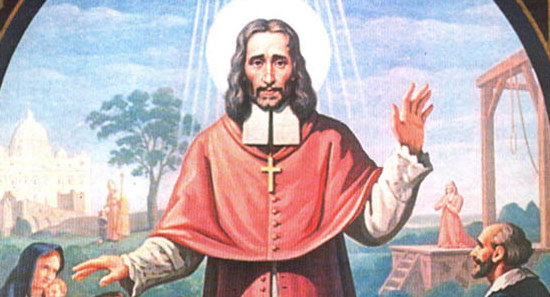

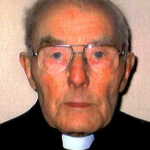
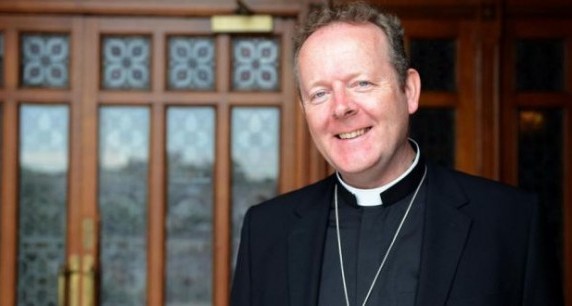

 The preparation for the sacrament of Confirmation is one of the greatest needs and “construction” of the Catholic Church. It can not be that young people receive a sacrament and say goodbye to faith at the same time. Often the young people at the confirmation not even have a vague idea of faith, God, Jesus, Church and Holy Spirit. The two-part YOUCAT Confirmation Course is a brave attempt to speak of the matter again: Young, lively, creative, and with surprising pictures and comparisons.
The preparation for the sacrament of Confirmation is one of the greatest needs and “construction” of the Catholic Church. It can not be that young people receive a sacrament and say goodbye to faith at the same time. Often the young people at the confirmation not even have a vague idea of faith, God, Jesus, Church and Holy Spirit. The two-part YOUCAT Confirmation Course is a brave attempt to speak of the matter again: Young, lively, creative, and with surprising pictures and comparisons.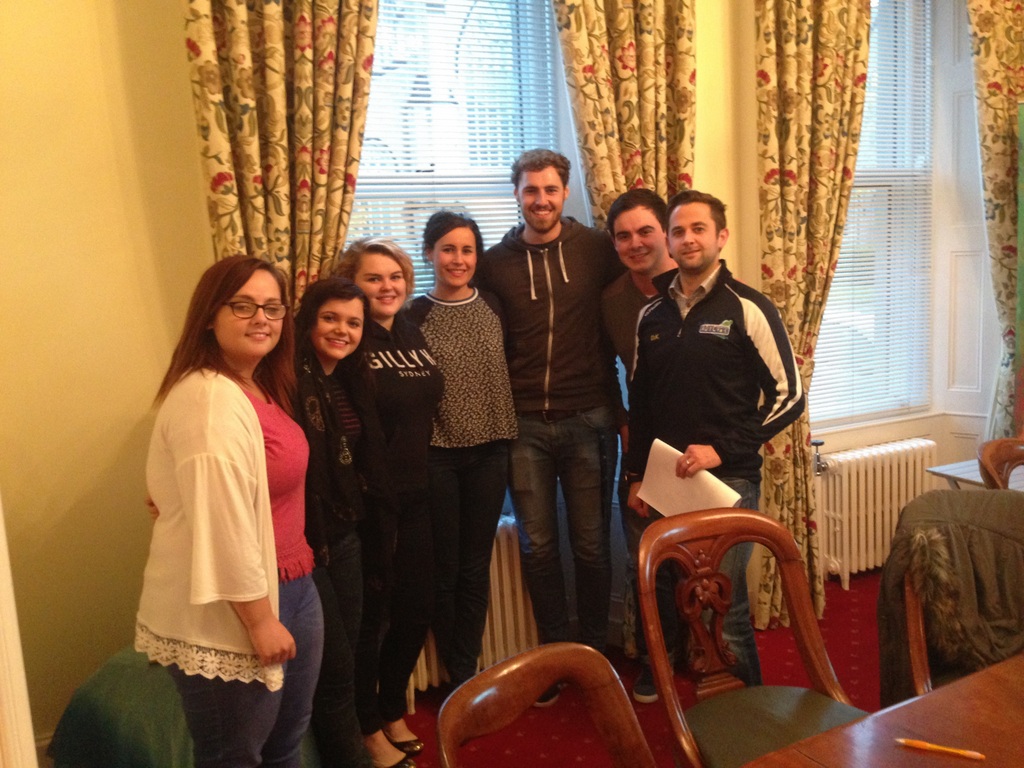
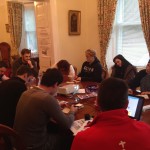

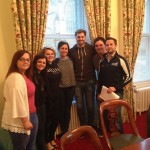
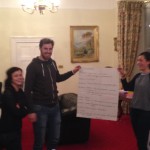
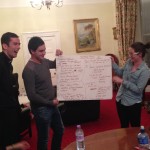
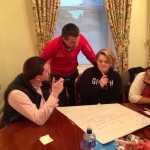
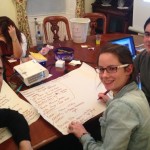
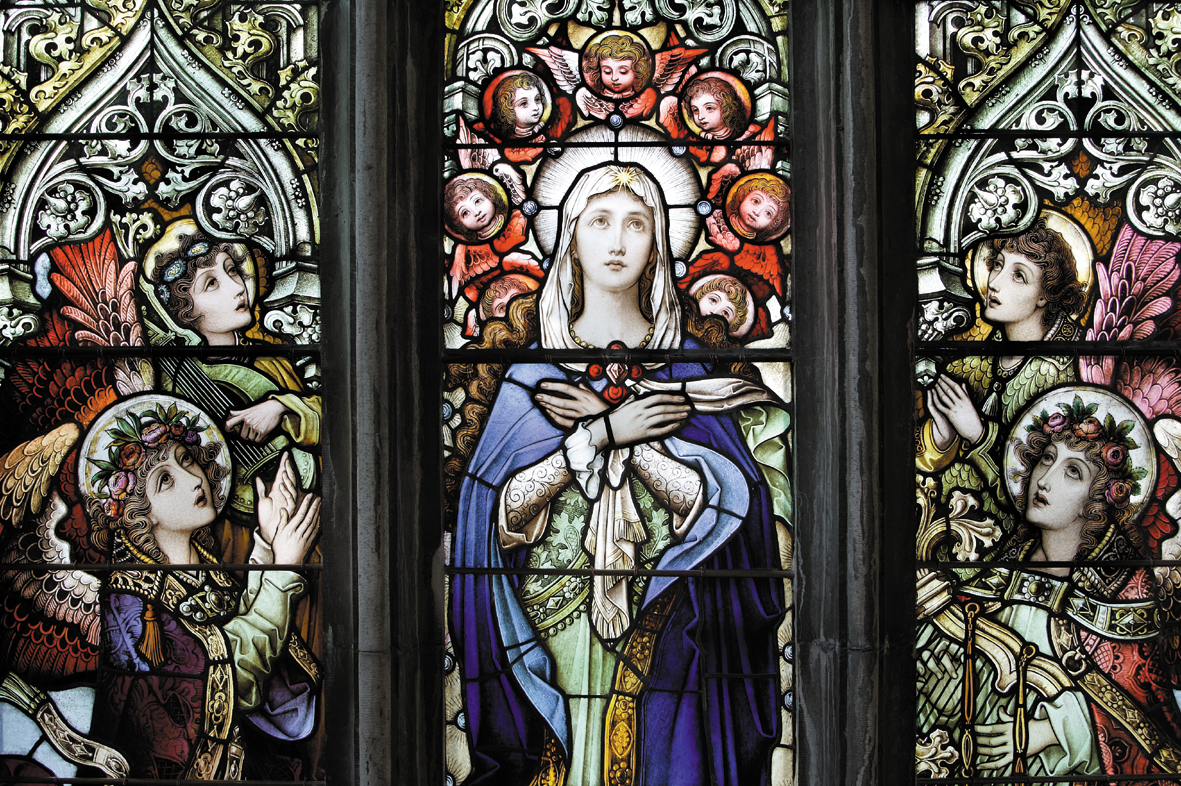
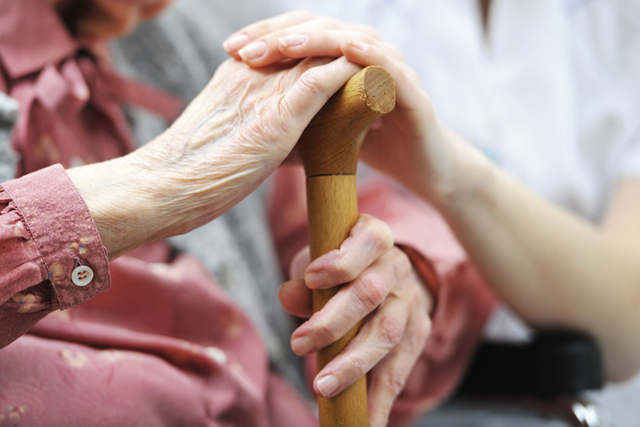
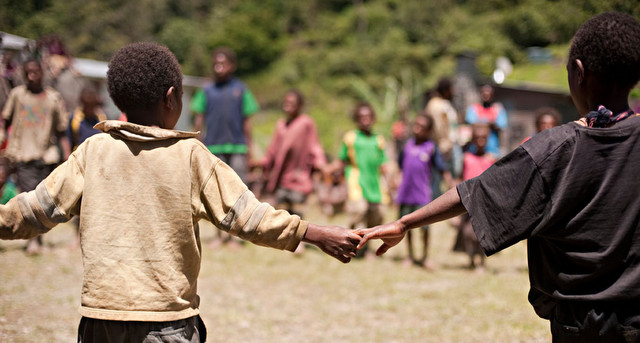

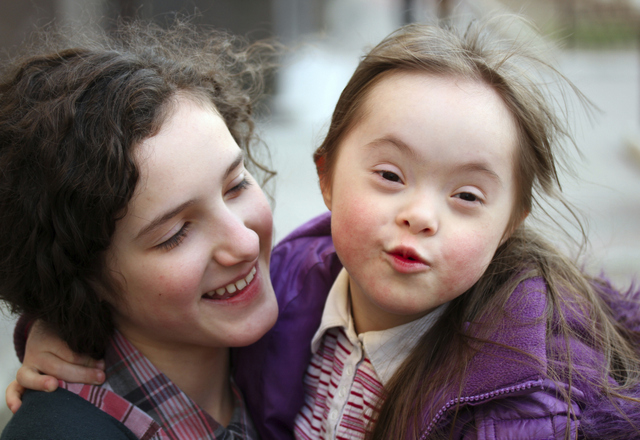

You must be logged in to post a comment.